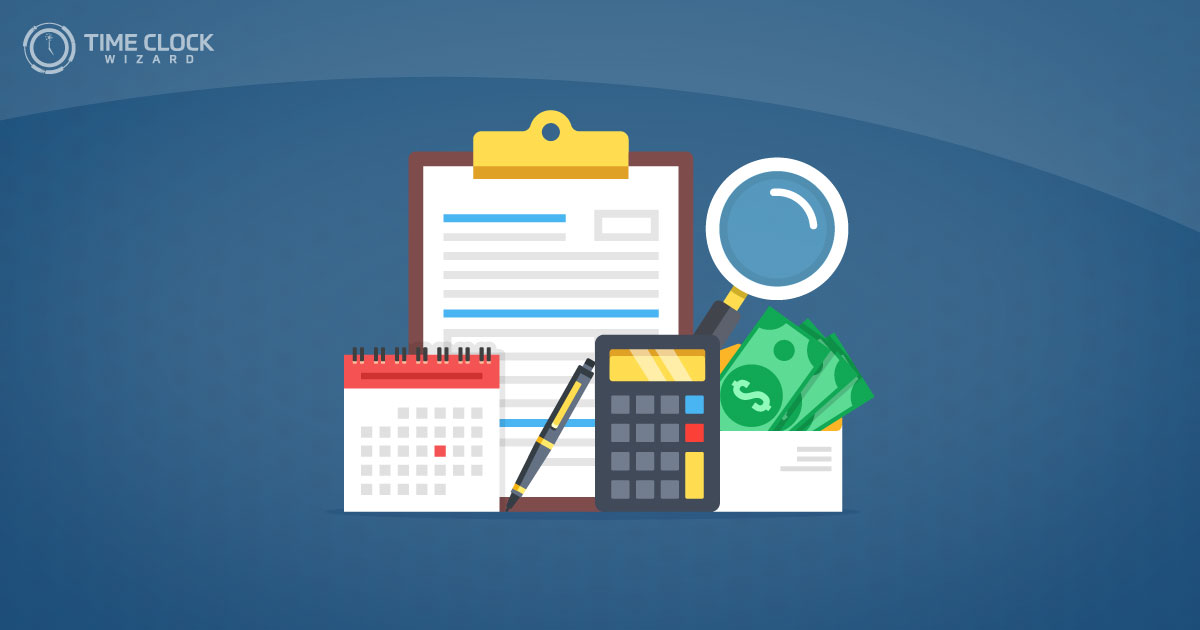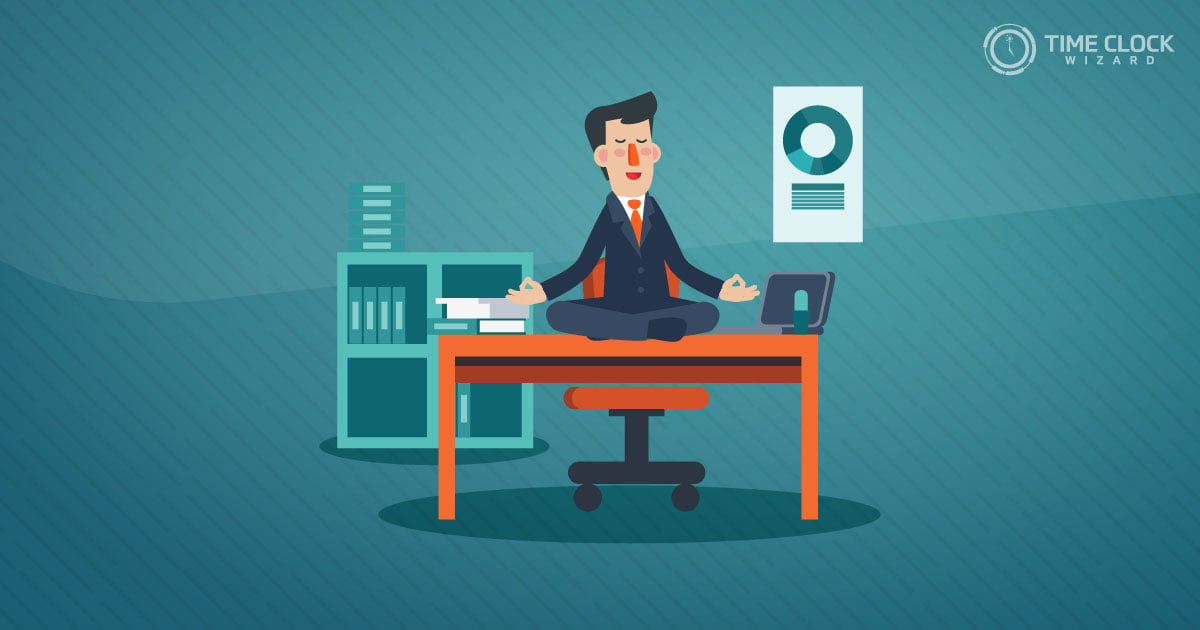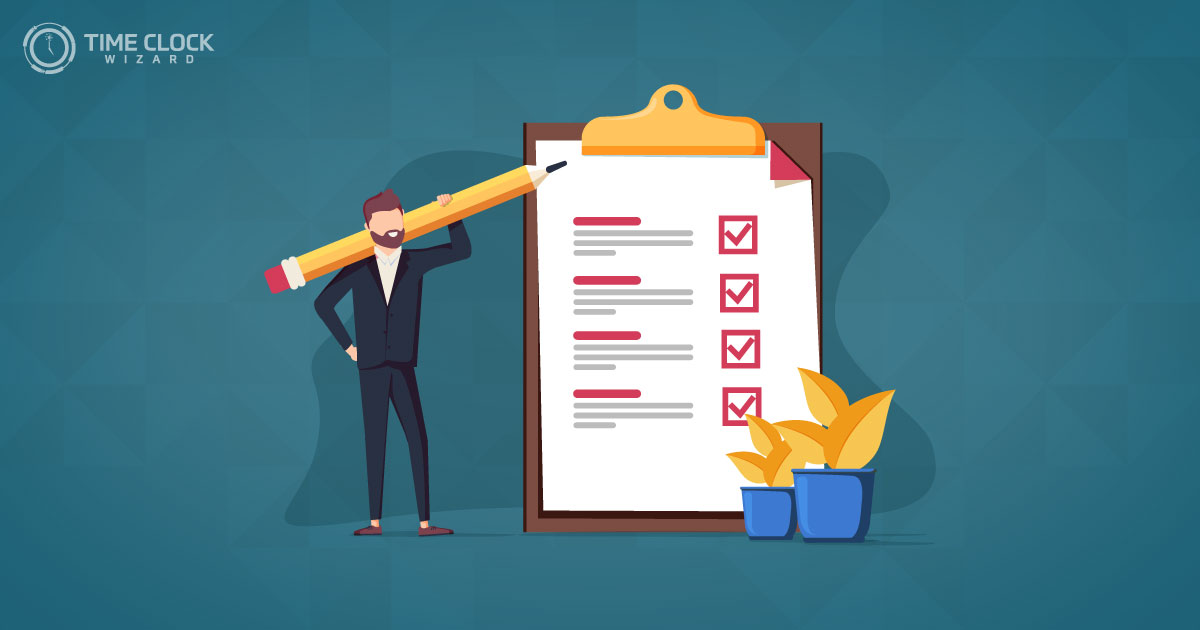
Navigating the complexities of Federal Labor Law can be daunting, but hey, isn’t it crucial to know your rights, especially when it comes to breaks during work? Whether you’re clocking in hours at a desk job or working on your feet all day, understanding your legal rights to rest and recharge isn’t just beneficial; it’s necessary!
This article dives into the specifics of break periods as mandated by Federal Labor Law. Are you aware of how many minutes you are legally entitled to for a break during your workday? Or what the law says about unpaid vs. paid breaks? We’ve got all the insights right here to ensure that your rights are fully protected and you’re getting the downtime you deserve 🕒!
Keep reading as we break down (pun intended!) the crucial elements of Federal Labor Law concerning your breaks at work, in clear, easy-to-understand language. This information isn’t just for employees but also for employers who want to uphold the law and provide a fair working environment. Let’s get started on ensuring your workplace is as restful as it is productive!
Overview of Federal Labor Law Regulations on Breaks
Navigating through the intricacies of Federal Labor Law can often seem intimidating, but understanding the basics about regulations on breaks is a great starting point. Did you know that these laws are designed to ensure that workers have adequate rest during work hours? It’s true, and the specifics can have a big impact on your day-to-day work life.
Federal regulations outline the minimum standards employers must follow, but it’s important to remember that these are just the baseline. Employers can offer more generous break times than those mandated by federal law. Are you aware of the breaks you are entitled to? If not, it’s a good idea to familiarize yourself with these regulations to ensure your rights are being respected.
- Minimum break requirements
- Types of breaks (lunch breaks, short breaks)
- Special considerations for different types of work
Understanding these laws not only helps in safeguarding your labor rights but also empowers you to speak up if these standards are not being met. Employers also benefit from knowing and adhering to these laws to avoid potential legal issues. So, let’s dive a bit deeper into what the federal labor law says about breaks!

Who is Covered Under Federal Break Regulations?
Under the Federal Labor Law, figuring out who exactly is covered by break regulations can be a bit complex. The primary law governing this area is the Fair Labor Standards Act (FLSA), which provides guidelines but doesn’t mandate breaks for every worker. Are you curious if you’re covered?
Mostly, federal break regulations apply to certain categories of hourly workers, particularly those in sectors that involve continuous and labor-intensive tasks, such as manufacturing and healthcare. However, it’s crucial to recognize that these laws do not cover salaried employees who are classified as exempt under the FLSA.
- Non-exempt hourly workers
- Employees in amateur, domestic, seasonal, or recreational establishments (conditions apply)
- Workers who specifically negotiate break periods in their employment contracts
Given these complexities, employees must consult their specific state laws, which often provide additional protections and requirements beyond the federal regulations. Have you checked how your state compares when it comes to break policies?
Analyzing the Variations in Federal vs. State Break Laws
Did you know that the intricacies of break laws can vary significantly between federal and state regulations? While the baseline standards set by Federal Labor Law serve as a foundation, individual states often implement their own unique rules and exceptions. Awareness and understanding of these differences are crucial to ensuring compliance and safeguarding your rights as an employee.
For instance, under federal regulations, breaks of 20 minutes or less are generally considered compensable work periods, but how does your state handle this? Some states extend this regulation, requiring not only compensation but also additional break privileges depending on the number of hours worked. Doesn’t it make you wonder what special regulations your state has in place?
- California mandates a 10-minute paid break for every 4 hours worked.
- New York requires specific meal breaks for different industries.
- Oregon demands fully paid 15-minute breaks for every 4 hours worked.
Understanding these variations isn’t just a legal necessity—it also plays a significant role in promoting fair labor practices and protecting employee welfare. Dive into the specifics of your state’s legislation to see how it complements or diverges from federal guidelines. Are you aware if your rights are being fully met according to both state and federal standards?

Impact of Non-Compliance on Employers and Employees
Non-compliance with Federal Labor Law regarding breaks can have significant repercussions from both a financial and reputational perspective for employers. But what about the impact on employees? Did you know that not adhering to these laws could affect everything from job satisfaction to health issues for employees?
Employers that fail to provide mandated breaks risk facing heavy penalties and lawsuits, which can tarnish a company’s public image and, ultimately, its profitability. For employees, the consequences of non-compliance are equally concerning. Lack of sufficient breaks can lead to increased stress, decreased productivity, and higher rates of work-related injuries. Considering these effects, why would any employer want to skirt these regulations?
Moreover, employees who aren’t given proper break times may experience burnout and decreased morale. This environment often leads to higher turnover rates, forcing companies to spend more on recruitment and training. Have you ever wondered how much more effective a well-rested workforce could be?
- Penalties and legal action against the company
- Increased employee dissatisfaction and turnover
- Higher occurrences of workplace accidents and illnesses
- Potential negative impacts on company reputation
Rights and Remedies for Employees Under Federal Law
When it comes to breaks at work, knowing your rights and remedies under Federal Labor Law is crucial. Have you ever wondered what legal resources are available if your employer fails to comply with mandated break laws? Let’s dive into what federal law prescribes for employees who find their break rights overlooked or violated.
Under the Fair Labor Standards Act (FLSA), non-exempt workers are entitled to certain break privileges during work hours, although it’s crucial to note that the federal law itself does not mandate breaks for meal or rest periods. However, when employers choose to provide short breaks (usually lasting about 5 to 20 minutes), federal law considers the break time as compensable hours worked. Have any of your breaks been ruled out of this consideration? This is where the established rights and their enforcement come into the picture.
If you face violations regarding your legal break entitlements, several remedies exist. Employees can file a complaint with the U.S. Departmental Wage and Hour Division, which takes charge of investigating the grievances related to labor laws. Moreover, legal action against employers can be pursued should settlement negotiations falter. Formulating a clear understanding of these recourse paths will help ensure that you know where to turn when you need to uphold your workplace rights.
Remember, while Federal laws provide the baseline, many states have enacted more stringent break rules protecting employees even further. It’s essential to stay informed about both your federal and state-level rights 🌟. Do you know the additional benefits your state offers?
Common Questions
What are the major federal labor laws in the United States?
The major federal labor laws in the United States include the Fair Labor Standards Act (FLSA), which sets standards for minimum wage, overtime pay, and youth employment; the Occupational Safety and Health Act (OSHA), which ensures safe and healthful working conditions; the Family and Medical Leave Act (FMLA), which provides eligible employees with unpaid, job-protected leave for family and medical reasons; and the National Labor Relations Act (NLRA), which protects the rights of employees to organize and to bargain collectively with their employers. Additionally, the Civil Rights Act of 1964 prohibits employment discrimination based on race, color, religion, sex, or national origin.
What is the federal regulation of labor?
Federal regulation of labor in the United States primarily involves laws and regulations implemented to protect workers, enhance workplace safety, ensure fair pay, and prevent discrimination. Agencies like the U.S. Department of Labor and the Equal Employment Opportunity Commission enforce these regulations. Key aspects include regulating working conditions, minimum wage, overtime pay, workers’ compensation, and workplace discrimination. Additionally, federal labor laws set standards for employer practices concerning unionization and collective bargaining. These regulations are designed to balance the power dynamics between employers and employees, promoting fair and equitable treatment in the labor market.
What is the main federal law protecting employees?
While there are several important federal laws that protect employees, the Fair Labor Standards Act (FLSA) and the Civil Rights Act of 1964 are pivotal. The FLSA establishes minimum wage, overtime pay, recordkeeping, and youth employment standards affecting full-time and part-time workers. Meanwhile, the Civil Rights Act of 1964, particularly Title VII, prohibits employers from discriminating against employees based on race, color, religion, sex, and national origin. Additionally, other significant laws like the Occupational Safety and Health Act and the Americans with Disabilities Act play crucial roles in safeguarding workers’ rights and ensuring fair treatment in the workplace.
Future Trends in Federal Labor Law for Breaks
As we look towards the horizon, the landscape of Federal Labor Law concerning breaks is poised for intriguing developments. Given the dynamic nature of work environments and the evolving needs of the workforce, what changes can we anticipate?🤔
Emerging trends suggest a shift towards more flexible break schedules, embracing the increasing demand for work-life balance. With remote work becoming more commonplace, there’s speculation about new regulations tailored for home-based employees. Could we see mandated ‘digital detox’ breaks to combat screen fatigue?
Another area ripe for change is the enhancement of break entitlements for gig economy workers, who often fall through the cracks of traditional labor laws. This could lead to groundbreaking amendments in the Federal Labor Law to include these workers, ensuring they’re not overlooked.
- Introduction of stricter enforcement mechanisms
- Incorporation of mental health breaks
- Greater transparency in break policies
Are you ready for these potential shifts? Keeping informed about these trends will help employees and employers alike stay ahead of changes, ensuring rights and responsibilities are clearly understood and upheld.💼🕒
Final Thoughts: Understanding Federal Labor Law Concerning Breaks
As we wrap up this thorough exploration into Federal Labor Law concerning breaks, think about how these laws apply to your own work life. Are you getting all the breaks you’re entitled to? Understanding your rights under Federal Labor Law is crucial to ensure that you’re not only compliant but also making the most of your time at work. It’s vital for both employees and employers to stay informed about these regulations to foster a fair and productive work environment.
Remember, while the federal guidelines set the baseline, your state might provide additional benefits. If you’re ever in doubt or feel like your rights are being compromised, don’t hesitate to reach out for legal advice. Stay informed, stay protected, and let’s keep pushing for workplaces that respect and uphold the law 🌟.





